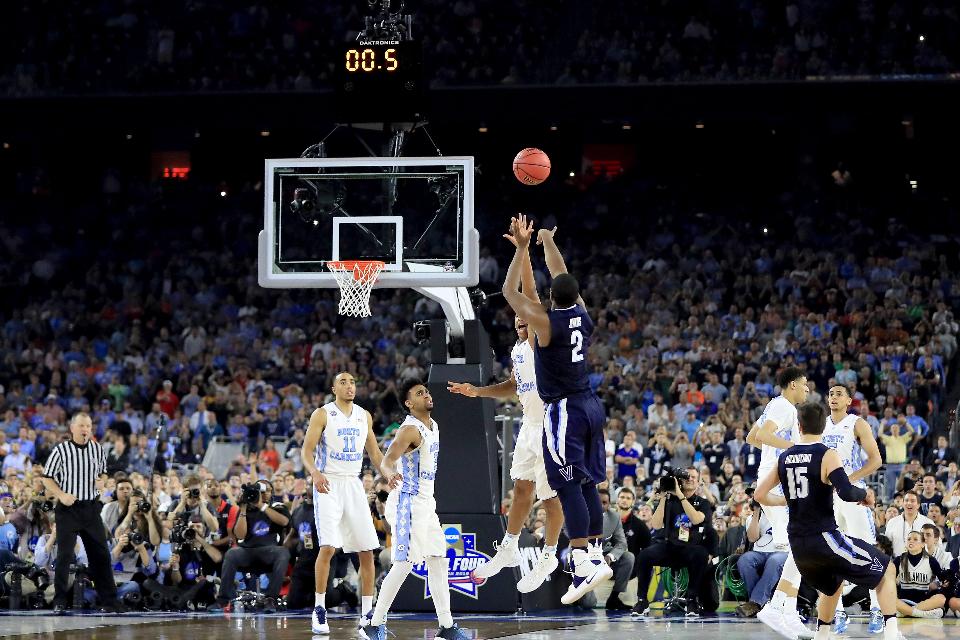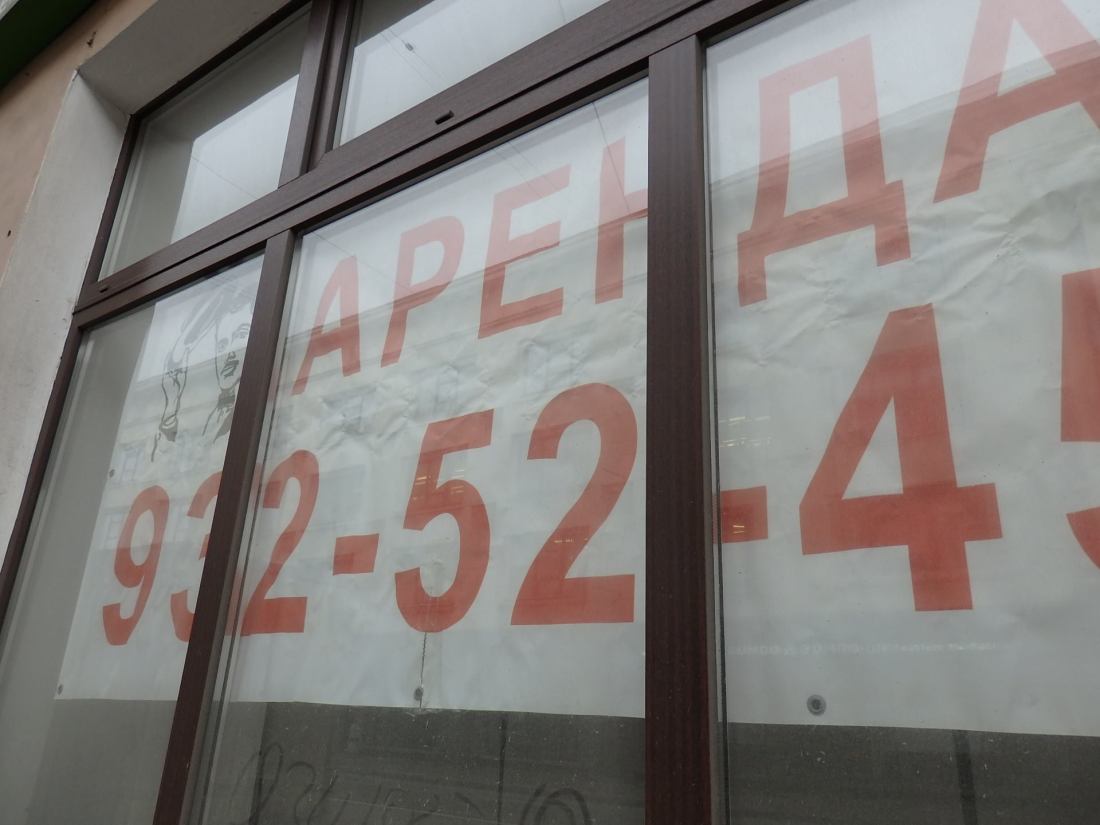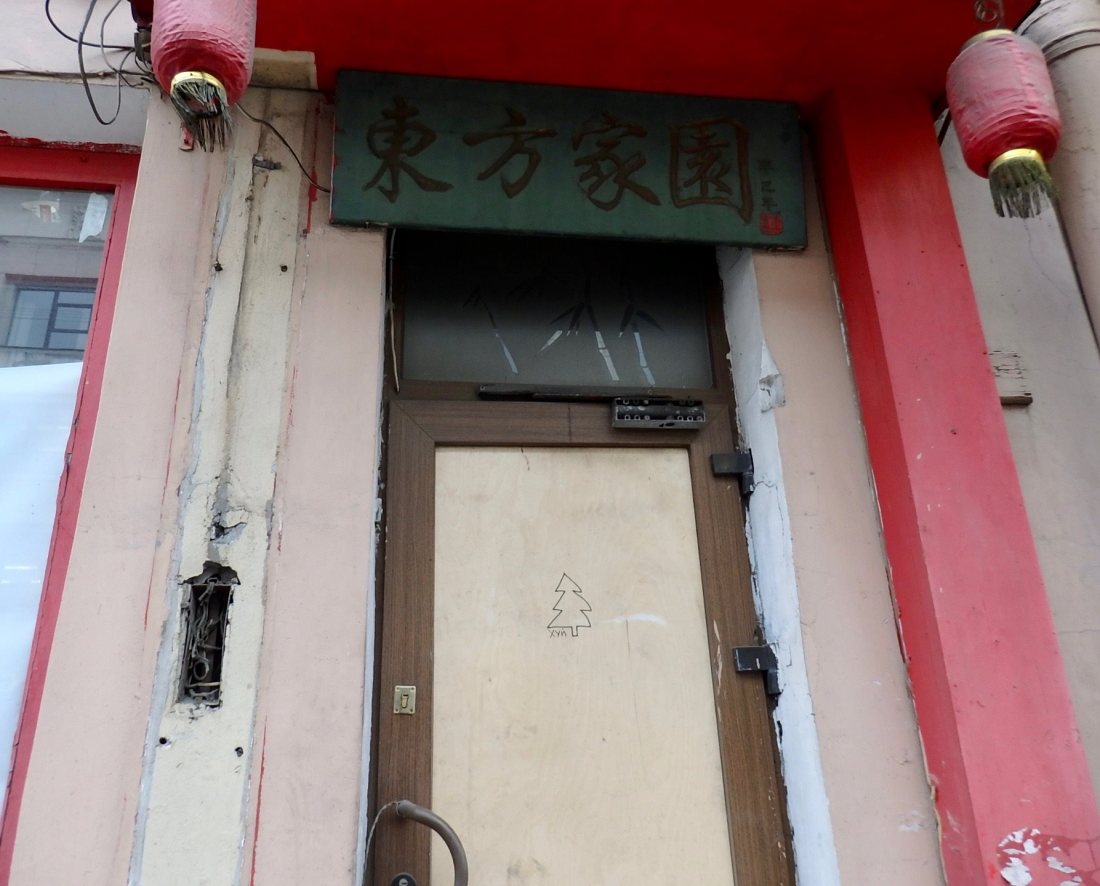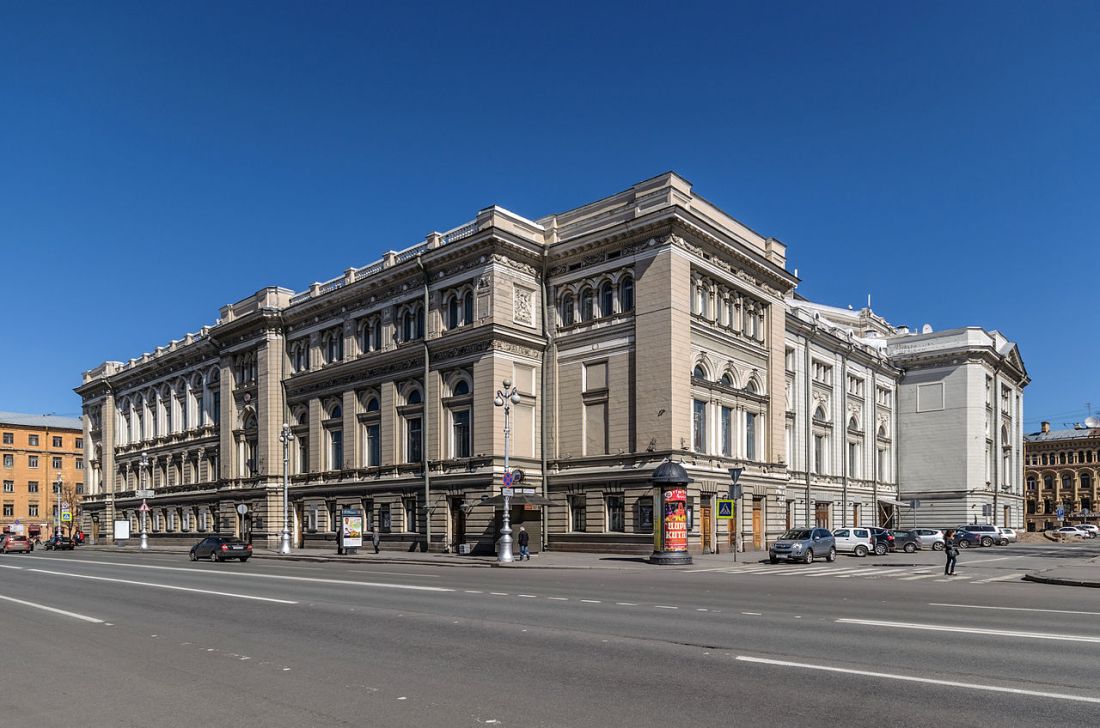
“Russia is neither the juggernaut nor basket case it is varyingly made out to be. A well-reasoned Russia policy begins by quelling one’s hysteria long enough to recognize this and then engaging it accordingly.”
—Mark Lawrence Schrad, “Vladimir Putin Isn’t a Supervillain,” Foreign Policy, March 2, 2017
Try telling a great many people in Russia that the country isn’t a basket case, or that Putin and his regime aren’t a total menace, especially to Russians themselves, as Mark Lawrence Schrad argues in the article I’ve quoted above. They would laugh in your smug face.
I wonder if this useful idiot and assistant professor in political science at Villanova has ever lived in the country long enough to figure this home truth out. Probably not.
Villanova has a great basketball team this year, however. Maybe I should focus on them.
Somehow, I have to stay positive in the midst of the dawning awareness that lots of Anglo-American Slavists would, seemingly, like to work for the KGB if they could. Or are simply too clueless to do their jobs.
At very least, Professor Schrad’s article would have been accepted for publication in Russian Insider as is. TRR
_____________

Exhibit One: Downtown Petersburg’s Commercial Property Glut
This is what a “non-basket case” looks like in real life, not from one’s office in Philadelphia.
“Arenda” (“For Rent”) is definitely the most popular shop sign in the neighborhood around Voznesensky and Izmailovsky Prospect when I went there the other day to do a couple of errands, and it is complemented by lots of shops that aren’t flying the “Arenda” banner just yet, but which are definitely closed for business forever, like this Chinese restaurant, now known as “Khui” (if you read the fine print on the plasterboard that has replaced the broken glass in the door).

Except for a few parts of central Petersburg where commercial spaces never stay empty for long, even in bad times, this is the visual-economic landscape you would see all over town. It is a landscape of “mixed and uneven development,” to put it charitably.
I don’t see how any self-respecting scholar wouldn’t start with this grassroots reality when analyzing Russia’s current state, rather than with a grab bag of rank speculations, half truths, and outright falsehoods he or she has read in English-language newspapers, magazines, and websites.
But that’s mostly how the new, actually quite fairly hysterical “anti-hysteria”/”anti-Russophobia” school of half-baked journalism and “Russia hands” scholarship operates. Its adepts sit far from Russia and tells Russians how good they’ve got it. TRR
__________________
Exhibit Two: How the Russian Countryside Is Dying
How the Russian countryside is dying.
A sad name for a reportage. But first of all one feels for the people in the reportage, who have worked the land for many years.
I visited the hinterland just yesterday at the request of the workers at the Vegetable Integrated Agricultural Production Company in Tonshalovo, Cherepovets District, Vologda Region. The fact is that everything there has been frozen, and the company has been put on the road to bankruptcy. The prosecutor’s office is looking for the guilty parties, but instead of reading thousands of words, I suggest you watch the video. The inhabitants of our country utter many wonderful, sincere words in the video. What is happening with agriculture nowadays all over Russia is quite sad.
#VO35 #VologdaRegion #Tonshalovo #Vegetable #Prosecutor #Authorities #Bankruptcy #Unemployment #Agriculture
Source: vk.com/vologda_net
Nettle Info, How the Russian Countryside Is Dying. YouTube video, in Russian. Posted January 23, 2017, by Nettle Info
Translated by the Russian Reader. Thanks to Comrade Koganzon for the heads-up
__________________
Exhibit Three: Russia’s Wildly Corrupt Prime Minister
Russian opposition politician Navalny links PM Medvedev to billion euro property empire
Deutsche Welle
March 2, 2017
Navalny alleges Medvedev took bribes from key Russian oligarchs under the guise of donations to charities. In a 49-minute exposé, Navalny even flies drones over lavish properties he alleges were bought with corrupt money.
Russian opposition politician Alexei Navalny accused Prime Minister Dmitry Medvedev of massive corruption in a report accompanied by a Youtube video he posted on Thursday.
The anti-corruption activist alleged Medvedev controls a property empire including mansions, yachts and vineyards financed by bribes from oligarchs to a network of non-profit organisations.
“Based on the documentation disclosed, we can confirm that at least 70 billion rubles (1.3 billion euros or US$1.19 billion) have been transferred in cash and assets to Medvedev’s foundations,” said Navalny, who heads the Anti-Corruption Foundation.
Medvedev “practically openly created a corrupt network of charitable foundations through which he receives bribes from oligarchs and frantically builds himself palaces and vacation homes across the whole country,” the report alleged.
The report was welcomed by Transparency International Russia, a non-profit organization that targets corruption, though it questioned some of its conclusions.
Findings met with skepticism
Navalny has sworn that he will be a candidate in upcoming elections despite being dogged by legal problems
“There are certain doubts in the story of Ilia Yeliseyev, the deputy chairman of the Gazprombank. It is doubtful that Yeliseyev is just a scarecrow. Despite the fact he was a classmate of Medvedev, he is an important figure. He could have earned that fortune himself,” spokesman Gleb Gawrisch told DW.
Gawrisch also said although it looked suspicious it wasn’t actually illegal for Medvedev to use real estate owned by non-profit organizations
“Corrupt officials often use non-profit organizations to hide financial flows and property,” he conceded in a statement to Deutsche Welle.
“The problem is finding out who the ultimate beneficiary is, and we are delighted that the Anti-Corruption Foundation has succeeded in presenting such an extraordinary investigation.”
Medvedev, a lawyer from Saint Petersburg, was president from 2008 to 2012 while Vladimir Putin served as premier between presidential terms. Medvedev intended to run in the 2018 presidential election.
Navalny, also a lawyer, garnered notoriety for his denunciations against corruption and was sentenced to five years in prison with a suspended sentence for embezzlement, which forbid him from being a candidate in the elections.
His [49]-minute video amassed several hundred thousand views in a few hours on YouTube.
Anti-Corruption Foundation, Don’t Call Him Dimon: Palaces, Yachts, and Vineyards—Dmitry Medvedev’s Secret Empire. YouTube video, with subtitles in English. Posted March 2, 2017, by Alexei Navalny
Navalny said that the foundations receive “donations” from oligarchs and companies, which are then used to purchase lavish properties for Medvedev, who is never registered as the owner.
“The prime minister and his trusted friends have created a criminal scheme, not with companies registered in tax havens as usual, but with non-profit foundations, which makes it virtually impossible to determine the owner of the assets,” he said.
“Medvedev can steal so much and so openly because Putin does the same, only on a bigger scale,” he wrote, presenting his team’s online report.
Navalny said he was able to establish the links to Medvedev by tracing the purchases online.
Medvedev’s spokeswoman dismissed the allegations as promotion for Navalny’s presidential bid.
“Navalny’s material is clearly electioneering in nature,” Natalya Timakova told RIA Novosti state news agency. “It’s pointless to comment on the propagandistic attacks of an oppositional convict,” she added.
_____________
P.S. An acquaintance just told me the average monthly salary at the world-renowned St. Petersburg Conservatory is 11,000 rubles a month (approx. 178 euros), but employees there have not been paid since the end of last year.
And you would still say Russia is not a “basket case,” Mark Lawrence Schrad, assistant professor in political science at Villanova? Could you live on 178 euros a month while also not being sure you would actually be paid that measly sum on time every month?
I imagine that Professor Schrad was paid more than a paltry 178 euros for his wildly misleading article in Foreign Policy.

Discover more from The Russian Reader
Subscribe to get the latest posts to your email.
The problem is that even if Schrad does go to Russia, he’ll probably visit Moscow and stay mostly in the center. He’ll no doubt meet with contacts who are pro-Putin, possibly because they actually work for the government, and he will never get outside of that expat bubble to see the real problems in the country, many of which are visible just beyond MKAD.
Thanks for your supportive comment. I had a quick look at Prof. Schrad’s CV yesterday, and unless I’m mistaken, he seems only to have done brief stints in Moscow for language training and dissertation research back in the day. I realize that academic life is often structured so that academics cannot spend much time in country unless they get sabbaticals and research grants, but it’s laughable that they can turn around and offer as “expertise” to respectable publications like Foreign Policy a set of talking points that Maria Zakharova or Dmitry Peskov could have handed them. They need to be more skeptical about their own “expertise” if it’s not grounded in real experience and more extensive reading.